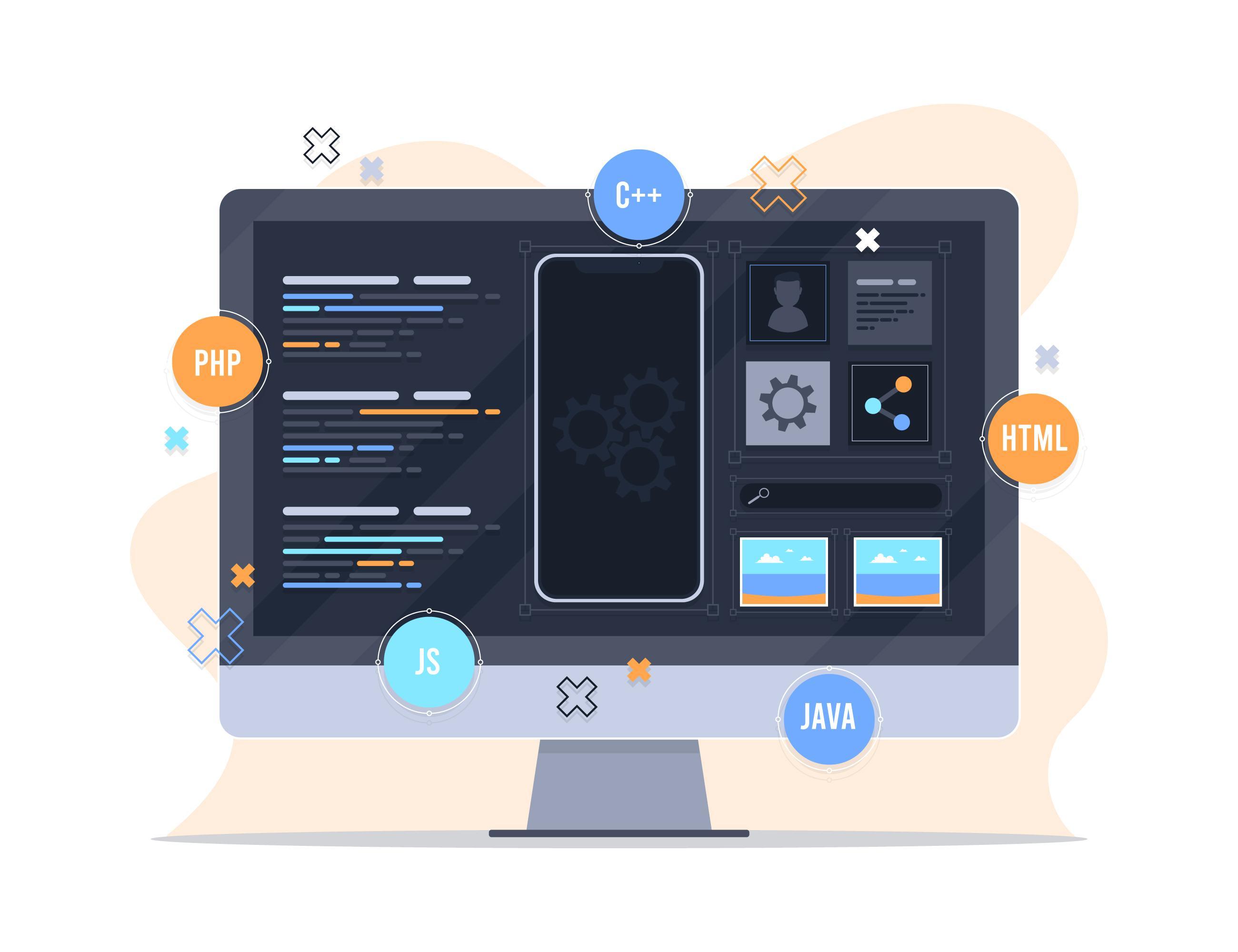Leveraging Big Data to Improve Your Business Strategies
Big Data is one of the most prominent technological phenomena of the modern era, offering immense opportunities for businesses to analyze vast amounts of data and extract valuable insights. These technologies allow for identifying trends, predicting market needs, and making effective strategic decisions. In this article, we will explore in detail how to use Big Data techniques to improve business strategies.
1. Understanding Big Data
Definition of Big Data: Big Data refers to massive and diverse amounts of data generated daily. This data comes from various sources, including:
- Business Transactions: Purchase records, customer invoices, and online interactions.
- Social Media: Posts, comments, and likes.
- Sensors: Data collected from smart devices, such as fitness trackers or factory sensors.
Characteristics of Big Data: Big Data is known for its three Vs:
- Volume: Large amounts of data.
- Velocity: Data produced at high speed, requiring real-time processing.
- Variety: Different types of data, such as text, images, and videos.
2. Data Collection and Analysis
- Data Collection Techniques: Having a clear strategy for data collection is essential. Techniques such as Web Scraping for gathering data from websites or using APIs to access data from online services can be valuable.
- Data Analysis: After collecting the data, analysis is required to extract meaningful insights. Tools like Apache Hadoop and Apache Spark are commonly used to process and analyze big data. These tools assist in:
- Distributed Processing: Distributing the workload across multiple servers to increase speed.
- Real-Time Data Analysis: The ability to handle data streams quickly and in real-time.
3. Extracting Valuable Insights
- Identifying Trends: Through data analysis, you can uncover patterns and trends. For example, by analyzing purchase data, you can identify the most popular products during certain periods. This helps with:
- Marketing Strategies: Identifying target demographics and launching marketing campaigns at optimal times.
- Product Development: Improving existing products or launching new ones based on customer preferences.
- Predicting Market Needs: Using predictive analytics, you can forecast what the market will need in the future. For example:
- Forecasting Models: Using machine learning models to predict customer behavior. These models can use data like previous purchases, interactions, and reviews to make predictions.
4. Improving Business Strategies
- Personalizing Experiences: Based on the analyzed data, you can offer personalized customer experiences. For example:
- Product Recommendations: Using recommendation algorithms to suggest products that match customers' preferences.
- Custom Offers: Providing discounts or special offers based on purchase history.
- Optimizing Operational Processes: Analyzing internal operations can highlight areas for efficiency improvement. For instance:
- Supply Chain Analysis: Identifying bottlenecks and improving workflow processes.
- Inventory Management: Using data to optimize inventory management and avoid overstock or stockouts.
5. Big Data Analysis Tools and Techniques
- Analysis Tools: Several tools are available for Big Data analysis, such as:
- Tableau: A powerful data visualization tool that helps convert data into interactive dashboards.
- Power BI: A Microsoft tool for data analysis and creating interactive reports.
- Google Analytics: Used to analyze visitor behavior on websites.
- Machine Learning and AI: By integrating machine learning techniques, you can improve the accuracy of analyses and make more precise predictions. Applications include:
- Sentiment Analysis: Understanding how customers feel about your brand by analyzing comments and reviews.
- Needs Prediction: Using historical data to predict future customer needs.
Conclusion
Leveraging Big Data is a strategic step toward improving business performance. By collecting and analyzing data, you can extract valuable insights that help you identify trends and predict market needs. Investing in Big Data technologies will give you a competitive edge in the market and ensure sustainable success.
